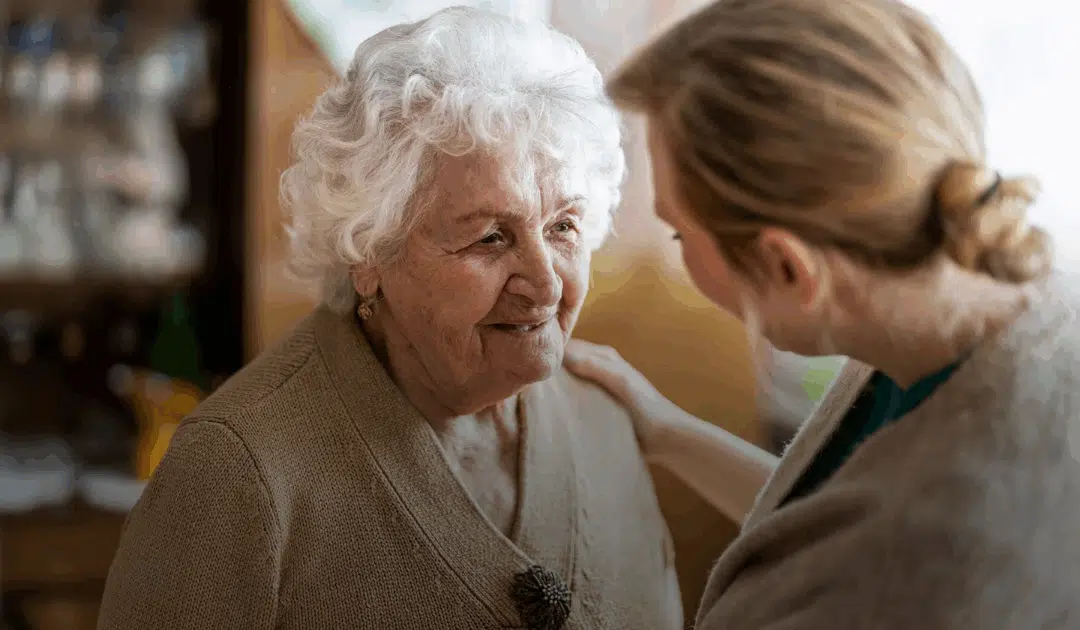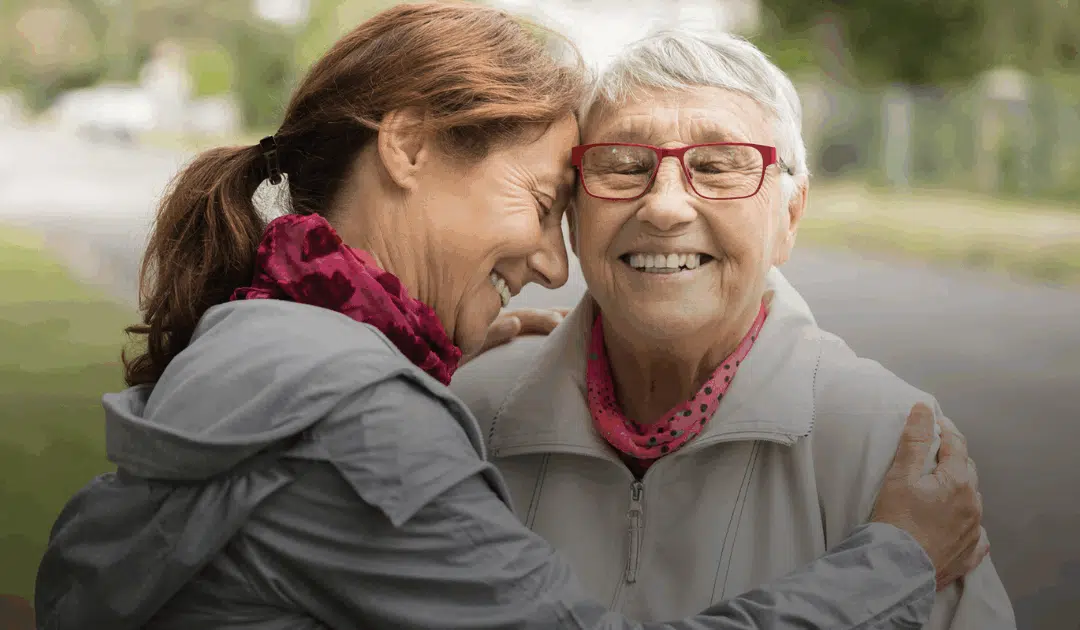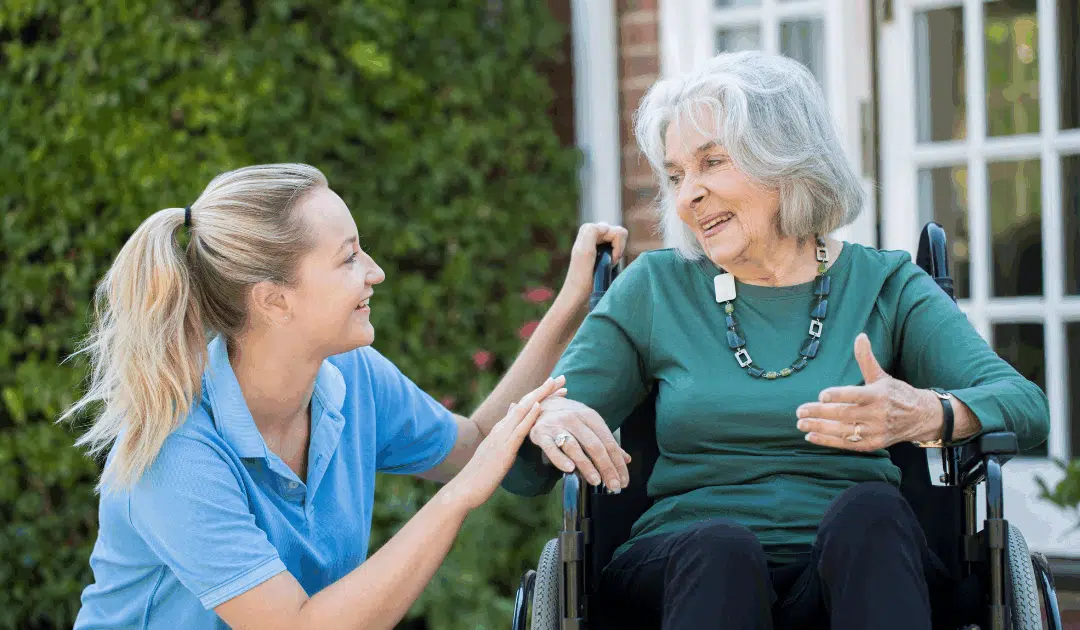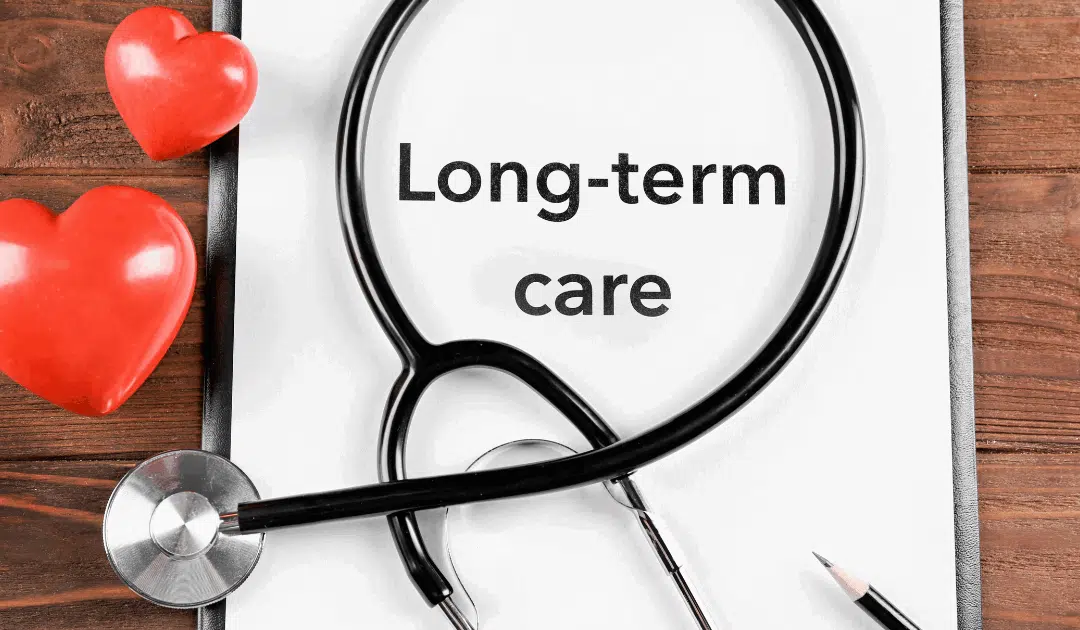by Lisa Seiff | Jul 15, 2025 | Uncategorized
Preventing Caregiver Burnout: NYC Family Self-Care Guide Caring for a loved one is one of the most selfless acts of love, but it can also be emotionally and physically draining. At Prime Care, Inc., we’ve supported thousands of family caregivers across...

by Lisa Seiff | Jun 28, 2025 | Uncategorized
Companion Care & Senior Mental Health: NYC Benefits For many seniors across New York City and Westchester County, the challenges of aging extend far beyond physical health concerns. Social isolation, loneliness, and the emotional impact of decreased mobility can...

by Lisa Seiff | Jun 14, 2025 | Uncategorized
How to Communicate with Someone with Dementia: NYC Guide When a loved one is diagnosed with dementia or Alzheimer’s disease, one of the most challenging aspects for family members is maintaining meaningful communication as cognitive abilities decline. For New...

by Lisa Seiff | May 28, 2025 | Uncategorized
Every year, according to the Centers for Disease Control and Prevention, over 36,000 older adults in New York City visit emergency departments due to fall-related injuries. For families in Manhattan, Brooklyn, Queens, the Bronx, and Westchester County, creating a safe...

by Lisa Seiff | May 14, 2025 | Uncategorized
When your loved one needs home care in New York City, navigating long-term care insurance can feel overwhelming. You’re already dealing with health concerns, family logistics, and care decisions—the last thing you need is insurance confusion adding to your...




